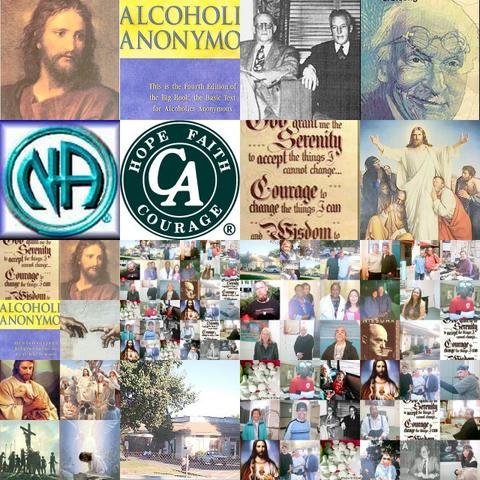Millions of people in America are suffering from unhealthy relationship patterns as a result of being addicted to another person. Addictive love patterns are evident in all types of relationships: women with men, women with women, men with men, parents with children, and children with parents. However, addictive love relationships are most often evident in romantic interactions between men and women. Often the dysfunctional patterns are passed on from parents to their children.
An addictive relationship is a single overwhelming involvement that cuts a person off from life. It is an addiction in the same sense as drug dependence, identified by ever-increasing craving and ultimate withdrawal syndrome, with the same dynamics of passivity, low self-esteem, magical thinking, helplessness, and lack of initiative or self-confidence.
In order to work toward mutual understanding and mature love, persons must distinguish between healthy commitment and interdependence, and the destructive exploitation of self and others which masquerades as love.
The following check list is a guide to help in identifying the tendency to form addictive, unhealthy relationships. Agreement with most of the following statements probably indicates a long-standing problem with addictive love.
1. To be happy, you need a relationship. When you are not in a relationship, you feel depressed, and the cure for healing that depression usually involves meeting a new person.
2. You often feel magnetically drawn to another person. You act on this feeling even when you suspect the person may not be good for you.
3. You often try to change another person to meet your ideal.
4. Even when a relationship isn't good for you, you find it difficult to break it off.
5. When you consider breaking a relationship, you worry about what will happen to the other person without you.
6. After a break-up, you immediately start looking for a new relationship in order to avoid being alone.
7. You are often involved with someone unavailable who lives far away, is married, is involved with someone else, or is emotionally distant.
8. A kind, available person probably seems boring to you and even if he/she likes you, you will probably reject him/her.
9. Even though you may demonstrate independence in other areas, you are fearful of independence within a love relationship.
10. You find it hard to say no to the person with whom you are involved.
11. You do not really believe you deserve a good relationship.
12. Your self-doubt causes you to be jealous and possessive in an effort to maintain control.
13. Sexually, you are more concerned with pleasing your partner than pleasing yourself.
14. You feel as if you are unable to stop seeing a certain person even though you know that continuing the relationship is destructive to you.
15. Memories of a relationship continue to control your thoughts for months or even years after it has ended.
Addictive love is ultimately destructive to itself and to the persons involved. Addicted lovers are increasingly unable to cope with anyone or anything else. The relationship becomes the only point of certainty in a bewildering and lonely world. Addictive love does produce a certain excitement that is not present in healthier relationships, which is why some people stay in an unfulfilling relationship long after they've recognized the dysfunctional nature of it.
By contrast, mature lovers have the desire to grow and expand themselves through the relationship. They do not use the lover to fill up the emptiness within themselves, but are self-completed. The relationship brings out the best in them. They are friends who enjoy each other for their own individuality, yet the relationship is integrated into the totality of life, and they maintain other serious interests as well.
Recovery from love addiction is possible, and with it, the opportunity for healthier, non-addictive relationships in the future. The first step is to admit there is a problem. Then there must be a willingness to take action: break old patterns, increase self-esteem, and make new priorities in relationships and in life as a whole.
Spiritual resources are important for a balanced approach to handling any circumstance of life. In a relationship with God, people have the assurance that God is with them always.
+++++++++++++++++++++++++++++++++++++++++++++++++++++++++++
http://www.namb.net/site/c.9qKILUOzEpH/b.695729/k.61C7/Addictive_Relationships.htm

No comments:
Post a Comment
Please give feedback with respect!